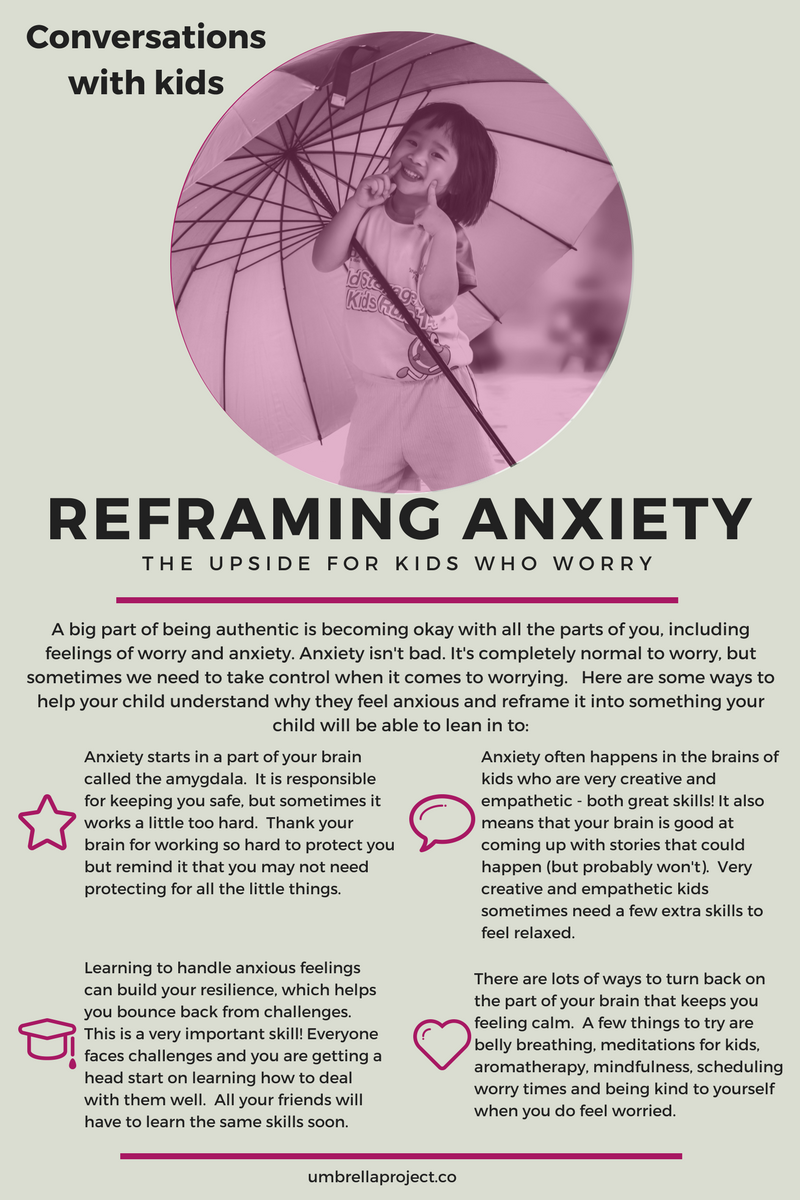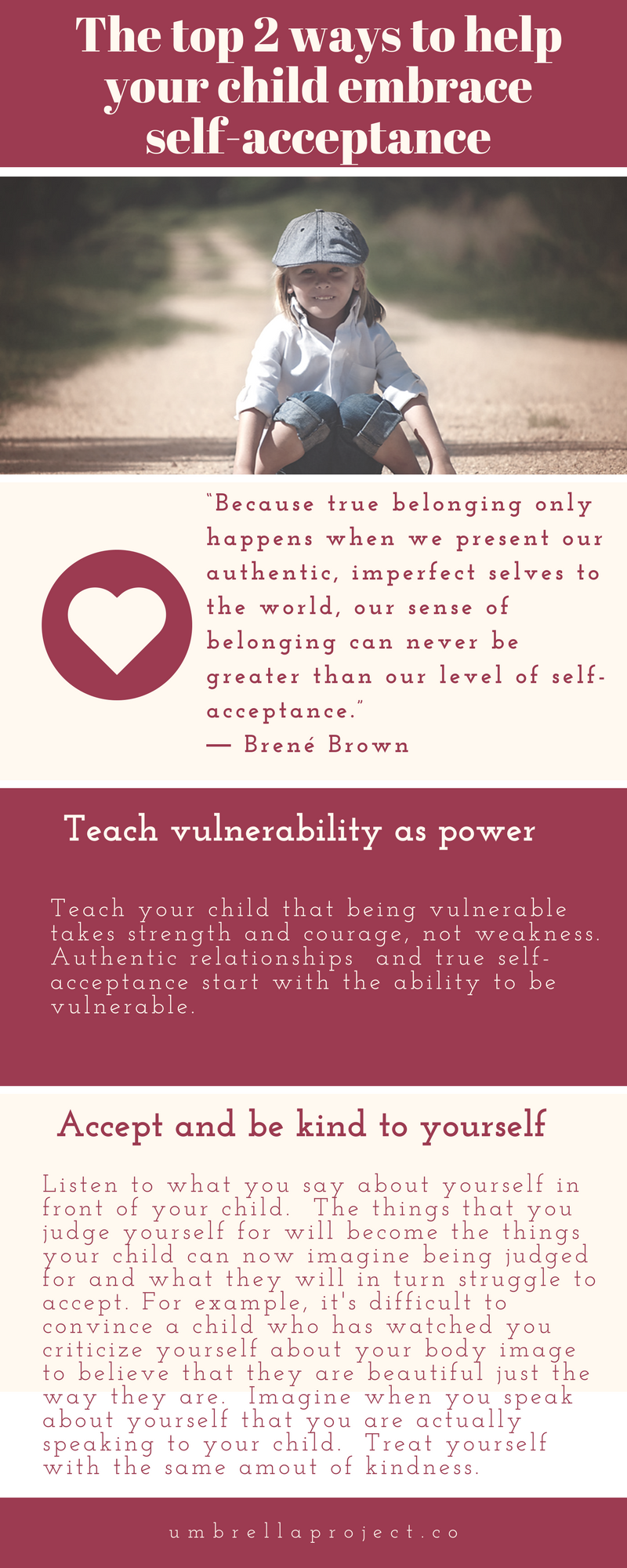
by Jen Forristal | Feb 2, 2018 | Purpose
February is notorious for chilly weather and the ‘blahs’, so we thought it would be a great month to keep your eye on the big picture: your sense of purpose! Kids can start to develop feelings of purpose at a very young age. Although this will evolve throughout their lives, purpose can help them continue to live a life filled with meaning. We can’t wait to build this significant skill with you this month!
What is purpose?
Purpose is the feeling that the things we do and the choices we make have meaning and make a difference. It makes us feel happier and more confident and gives us a set of guiding principles that help us make decisions. When kids have a sense of purpose, it is easier for them to keep going when things get difficult because they can see a bigger picture. This can make them less likely to get caught up in the small trivial details that don’t matter in the long run.
Having a sense of purpose is so important that it can actually help your children live longer, healthier lives.
Featured image by Enis Yavuz on Unsplash.

by Jen Forristal | Jan 29, 2018 | Authenticity
A big part of being authentic is becoming okay with all the parts of you, including feelings of worry and anxiety. Anxiety isn’t bad. It’s completely normal to worry, but sometimes we need to take control when it comes to worrying.
Download a PDF copy of today’s infographic by clicking here for insights on helping your child understand why they feel anxious and how to reframe that feeling.
Want to learn more? Follow along with our Facebook video series of monthly tips!

by Jen Forristal | Jan 26, 2018 | Authenticity
There are certain states that can help us feel more authentic, even if this is counter to our current personality. For example, in the research, authenticity increases when participants are being conscientious, even if they don’t self-identify as being a conscientious person.
Conscientiousness in children doesn’t exactly top the list of most common traits, much to most parent’s dismay. Most children will naturally default to disorganization and inefficiency.
To help build conscientiousness, set up systems to allow your child to be successful. Help them get into the habit of seeing tasks through to completion, keeping their spaces organized, doing chores and following through with what they say reliably. This reinforced behaviour will build their authenticity, help your children take good care of themselves and has been shown to lengthen their lifespan.
Learn more in our video tip, above, or view it on our Facebook page here.
Read the previous blog post on creating charts to help with stress-free behaviour change by clicking here.

by Jen Forristal | Jan 24, 2018 | Authenticity
“Because true belonging only happens when we present our authentic, imperfect selves to the world, our sense of belonging can never be greater than our level of self-acceptance.”
― Brené Brown
When you teach vulnerability as power and accept yourself as you are, you can begin to help your child embrace self-acceptance. This is an important piece of this month’s umbrella skill, Authenticity!
Download your printable PDF copy of the infographic, above, by clicking here.

by Jen Forristal | Jan 23, 2018 | Authenticity
What you say around your child matters – not just what you say to them directly. You could be influencing them with more inputs than you realize! Listen in and learn more in today’s authenticity tip with Dr. Jen.
Click the video above or watch it on our Facebook page here.





